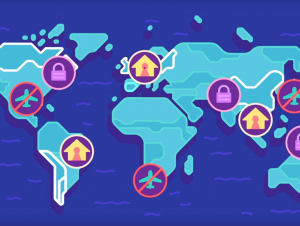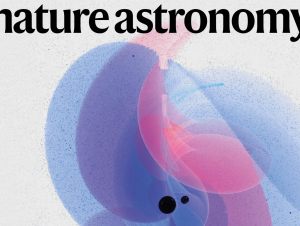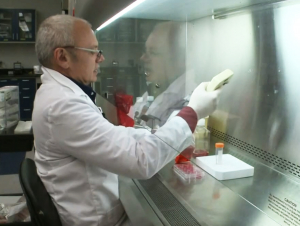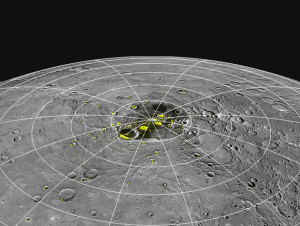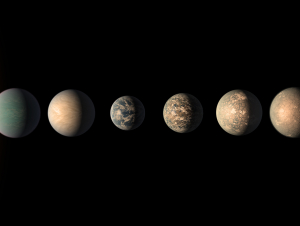To request a media interview, please reach out to experts using the faculty directories for each of our six schools, or contact Jess Hunt-Ralston, College of Sciences communications director. A list of faculty experts is also available to journalists upon request.
Latest News
COVID-19 has sent many to seek out the latest information and ask questions about the spread of the virus in Georgia and whether initial sources of the coronavirus in the state can be tracked. Georgia Tech College of Sciences faculty and researchers continue to share insights and expertise in news reports focused on the topic.
Over two days of keynotes, expert talks, a poster session and awards ceremony, students and researchers from around the globe convened at Georgia Tech’s 7th Annual Southeastern Biogeochemistry Symposium to network and share the latest field developments and insights — all from the comfort of their own couches. Here's how.
Study on intermediate-mass black holes, multiband gravitational waves takes the spotlight in this month's Nature Astronomy.
COVID-19 has sent many to seek out the latest information and ask questions about immunology, disease tracking, and how vaccines are developed. Georgia Tech College of Sciences faculty from three schools recently shared insights and expertise in news reports focused on the topic.
It is already hard to believe that there is ice on Mercury, where daytime temperatures reach 400 degrees Celsius, or 750 degrees Fahrenheit. Now a new study says that the Vulcan heat on the planet closest to the sun likely helps make some of that ice.
It's only been around for four years, but the Georgia Tech Astrobiology community is scoring wins in exoplanet research, outside funding, and attracting top astrobiologists for conferences and lectures on campus.

